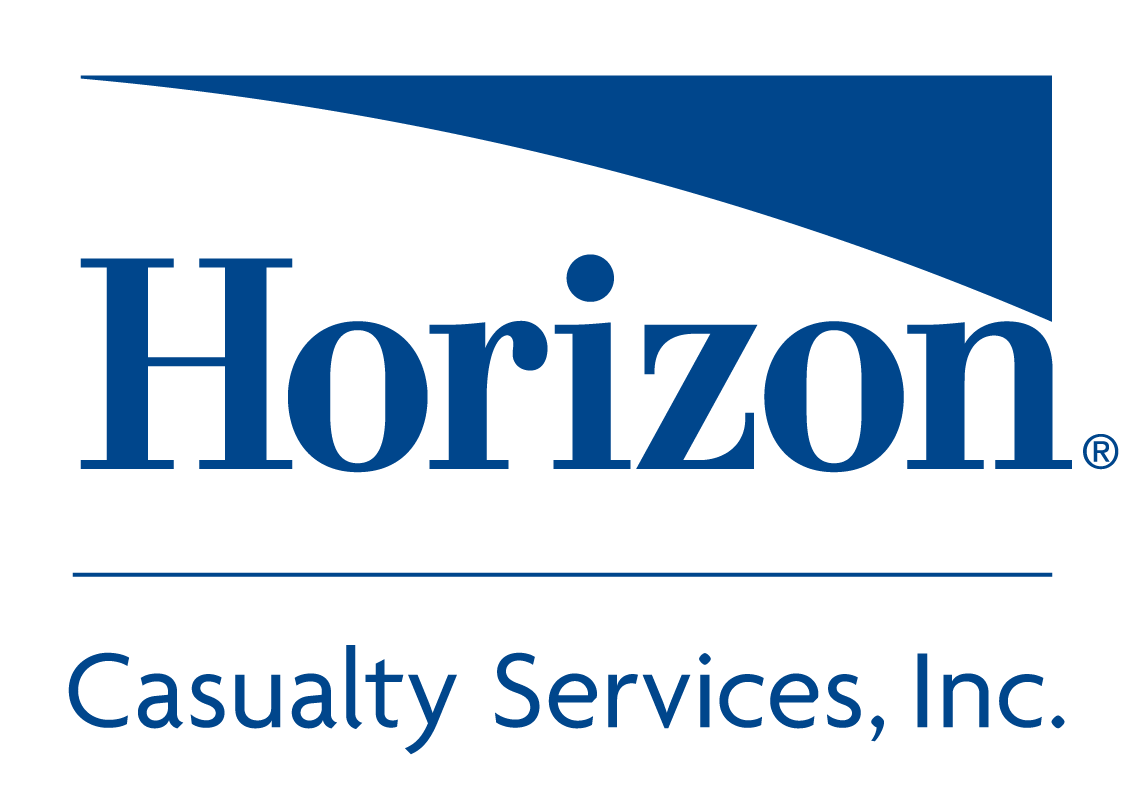Share This Article:

What Do You Think: Was N.J. Worker’s Car Crash ‘In Course of Employment’ Under ‘Authorized Vehicle Rule’?
26 Nov, 2023 Frank Ferreri

Mt. Laurel, NJ (WorkersCompensation.com) -- Do you remember the case of the pest-control technician from New Jersey who was injured in a vehicular accident in a company car?
Well, it went all the way up to New Jersey's highest court, but did that change the end result?
For those who need a refresher, the case involved a pest-control technician used an employer-authorized vehicle for work. Consistent with company policy, the technician drove the vehicle in the morning from his residence to various worksite and then, at the end of the workday, returned home in the vehicle.
Company policy limited the quantity of supplies technicians could keep in their authorized vehicles overnight due to concerns about weather and theft. As a result, pesticides, chemicals, and other supplies required to perform pest-control services were stored at the shop.
Under company policy, technicians were authorized to collect supplies from the shop when those supplies needed replenishment instead of scheduling specific times to stock up.
On the morning of the accident, the technician clocked in on his iPad, received his work assignments, and determined he needed to get supplies from the shop.
On his way in, the technician was involved in a serious car accident, resulting in substantial injuries. The technician struck his head on the interior of his work vehicle and lost consciousness, leaving him with balance issues that worsened over time. Approximately two months after the accident, the technician discovered that he suffered from bilateral subdural hematomas. He then underwent surgery, was hospitalized for several days, and received follow-up medical care.
The company's carrier denied the technician's claim. A Judge of Compensation dismissed the technician's claim, concluded that the technician was merely commuting to work when he sustained injuries in the accident.
On appeal, the Appellate Division disagreed, determining that the technician sustained injuries while in the course of his employment because he operated an "employer authorized vehicle" while on business "expressly authorized and directed" by the company. The Appellate Division reversed the Judge of Compensation's ruling, prompting the company to appeal to the New Jersey Supreme Court.
The company argued that under New Jersey's "premises rule," under which injuries sustained while commuting to work or from work are non-compensable (traditionally known as the "going and coming" rule), the technician was on routine travel and so was not acting in the course of employment.
In New Jersey, the "authorized vehicle rule" provides that the employment of any employee who uses an employer-authorized vehicle commences and terminates with the authorized operation of a vehicle on business authorized by the employer.
Was the technician in the course of employment when the accident occurred?
A. Yes. The technician's going to pick up supplies before heading to a jobsite was an authorized by the company.
B. No. The employee had not yet reported to a jobsite and thus had not begun working for purposes of workers' compensation law.
If you chose A, you agreed with New Jersey's highest court in Keim v. Above All Termite & Pest Control, 2023 WL 8042920 (N.J. 11/21/23), which ruled that the technician's injuries were compensable under the authorized vehicle rule.
In the Keim case, the court held that an employee is "in the course of employment" under the "authorized vehicle rule" when both of the following conditions are met:
(1) The employer authorizes a vehicle for operation by the employee.
(2) The employee's operation of that identified vehicle is for business expressly authorized by the employer.
Applying this rule, the court found that, consistent with the authorized vehicle rule, the technician was in the course of employment when he sustained injuries in the car accident because:
+ The company provided an authorized vehicle for operation by the technician.
+ The technician's operation of the vehicle to the shop on the morning of the car accident was solely for business expressly identified and authorized by the company.
+ The "entire arrangement" regarding the vehicle's location and the need to replenish supplies reflected a business decision expressly designed by the company to further the company's interests in safeguarding and maintaining the quality of its supplies and in minimizing travel time for employees, "thus facilitating a robust appointment schedule."
Workers' Comp. 101: Because courts had carved out so many exceptions to the going and coming rule, the New Jersey legislature in 1979 defined when "employment" begins and ends each day and specified that "when the employee is required by the employer to be away from the employer's place of employment, the employee shall be deemed to be in the course of employment when the employee is engaged in the direct performance of duties assigned or directed by the employer." See N.J.S.A. 34:15-36.
The court further reasoned that the "passive, permissive approach to replenishment" that the company took did not change the analysis.
"At the time of the accident, [the technician] was not 'merely' commuting to work; rather, he was obtaining needed supplies at a non-worksite location as he was authorized to do by his employer," the court wrote. "The fact that the replenishment occurred before his first worksite job rather than between two jobs does not alter the nature of [the technician]'s trip to the shop."
Thus, the New Jersey Supreme Court affirmed the Appellate Division's judgment reinstating the technician's workers' compensation claim petition and remanded the case for further proceedings.

california case management case management focus claims compensability compliance courts covid do you know the rule emotions exclusive remedy florida FMLA fraud glossary check health care Healthcare hr homeroom insurance insurers iowa leadership medical NCCI new jersey new york ohio osha pennsylvania roadmap Safety state info technology texas violence WDYT west virginia what do you think women's history women's history month workcompcollege workers' comp 101 workers' recovery Workplace Safety Workplace Violence
Read Also
About The Author
About The Author
-
Frank Ferreri
Frank Ferreri, M.A., J.D. covers workers' compensation legal issues. He has published books, articles, and other material on multiple areas of employment, insurance, and disability law. Frank received his master's degree from the University of South Florida and juris doctor from the University of Florida Levin College of Law. Frank encourages everyone to consider helping out the Kind Souls Foundation and Kids' Chance of America.
More by This Author
Read More
- Apr 14, 2025
- Frank Ferreri
- Apr 14, 2025
- Claire Muselman
- Apr 14, 2025
- Chris Parker
- Apr 13, 2025
- Claire Muselman
- Apr 13, 2025
- Chris Parker
- Apr 13, 2025
- Liz Carey




